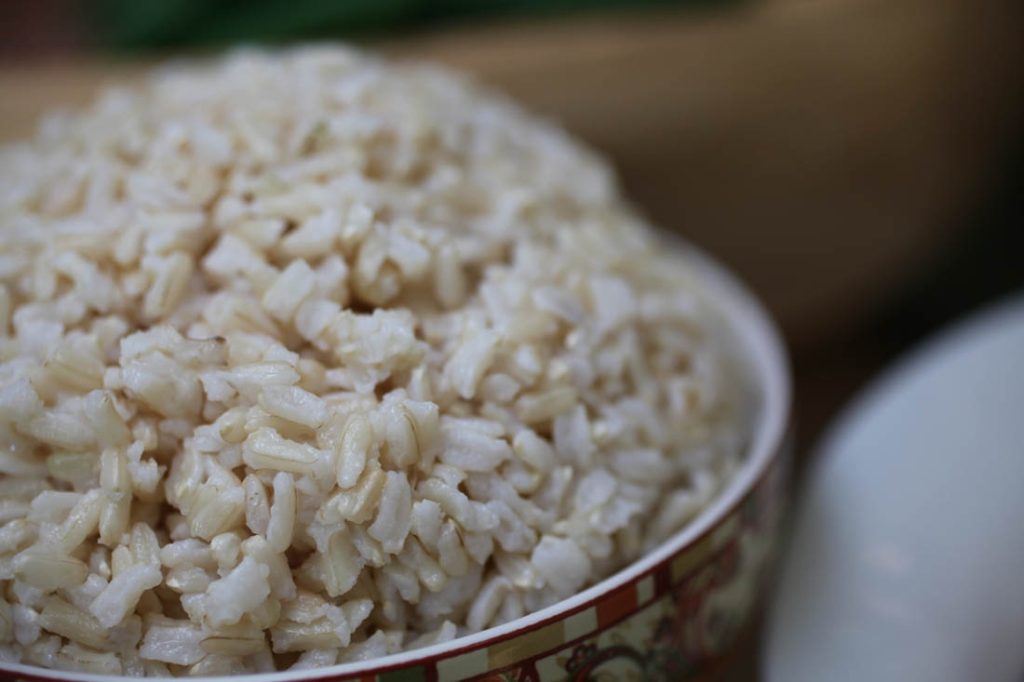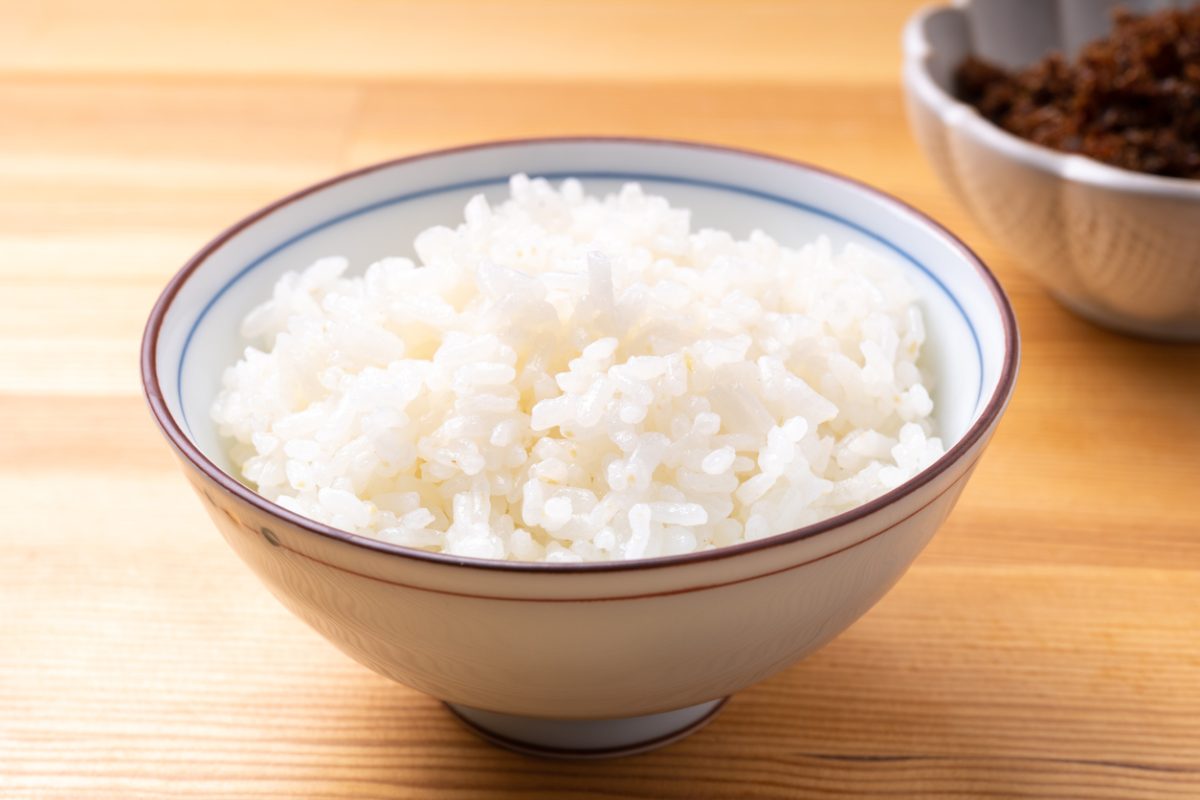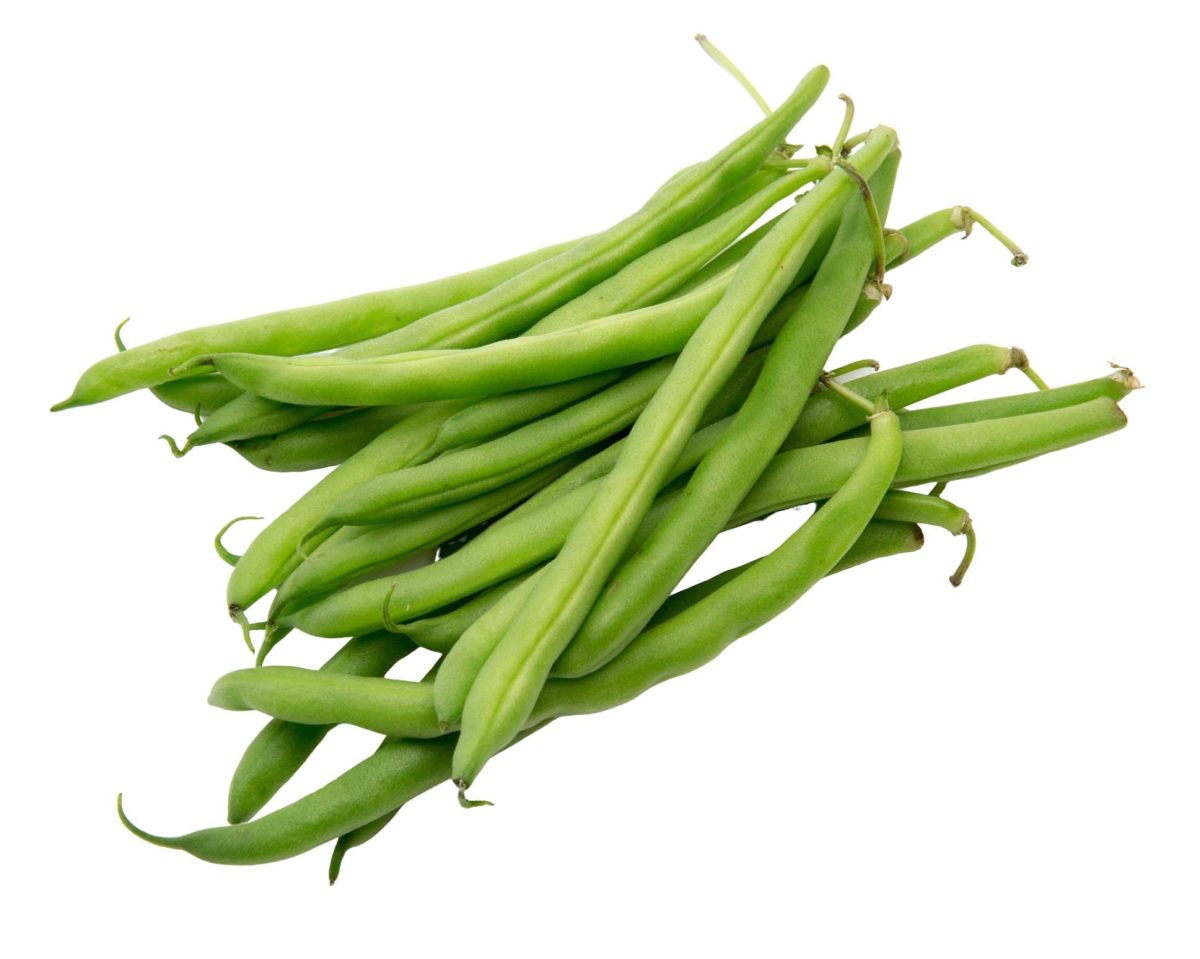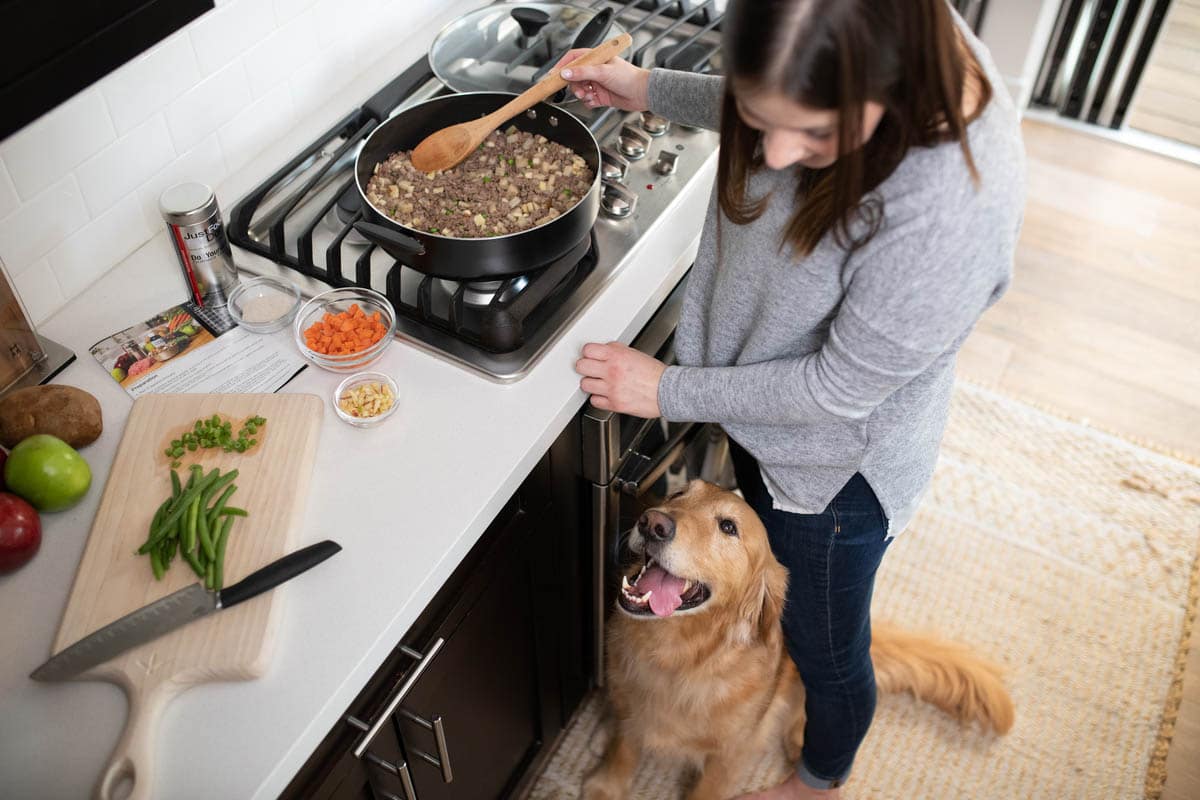Is Rice Bad For Dogs?
No, rice is not bad for dogs. Despite what marketing leads you to believe, carbs are not the enemy.
Dog owners might have read about possible arsenic toxicity in brown rice and other rice products. Dr. John Tegzes, VMD, a board-certified veterinary toxicologist, sets the record straight. He explains why rice and other grains are perfectly fine for dogs. The key is where the rice comes from, not the grain itself.
No, rice is not bad for dogs. Despite what marketing leads you to believe, carbs are not the enemy.
FEED GRADE VS HUMAN-EDIBLE RICE

So carbohydrates are a good source of nutrition, but what about brown and white rice as a source of carbohydrates?
Rice products are actually a premium (and more expensive) ingredient in pet food. The reality is all rice is not bad: what matters is what quality you use, where you get your ingredients, and whether you do periodic testing.
Human-grade rice is no comparison to feed-grade rice, which is loaded with chemicals and preservatives. Feed rice is also not whole rice. Feed rice is the scraps of rice that are left over when rice products are made for human consumption. These are much more likely to absorb toxins during multiple processing stages.
Most commercial kibbles and canned food will use feed-grade rice; so with this part of the toxin controversy we agree – you should be wary of processed rice in commercial dry food diets, especially the lower quality brands.
However, like every other ingredient at JFFDs, our rice does not equal their “rice”. The type of rice matters to your dog’s health. We source the highest quality USDA long rice, sushi rice, and whole brown rice from reputable suppliers that have assured us to be free of toxins, including arsenic.
Health Benefits of Rice for Dogs
A bland diet of boiled chicken and rice is just what the doctor orders when dogs have an upset stomach. Cooked rice is gentle on your dog’s stomach and can help if your dog has diarrhea or gastrointestinal issues.
Health benefits of rice include:
- Low fat
- Low sodium
- Antioxidant-rich
- Good source of amino acids & calcium
- Regulates bowel movement
If you decide to feed your dog rice, how much rice is an important factor to consider. Only feed in moderation and without any seasonings added. Too much rice can cause more digestive problems — constipation. Pet owners, talk to your veterinarian before introducing new foods or human foods into your dog.
Rice and Diabetic Dogs
White rice can cause blood sugar levels to rise due to having a high glycemic index, so dogs with diabetes should only get a little bit.
Ensuring the Rice in Your Dog’s Diet Is Safe
We also routinely test all of our homemade dog food recipes through Dr. John Tegzes, VMD, a board-certified veterinary toxicologist, and professor at Western University. Watch the “Is Rice Good for Dogs?” video of our expert for the definitive answer on giving your dog rice:
THE SCIENCE BEHIND HIGH-QUALITY CARBOHYDRATES
Firstly, JustFoodForDogs does offer daily grain-free and low-carb options for dogs that really need it as recommended by their veterinarian or requested by their pet parent. Having said that, our position is that domestic dogs thrive with high-quality carbohydrates as part of a balanced diet.
This isn’t just our opinion; a recent scientific study proves, without a doubt, that domestic dogs have genetically adapted to thrive off carbs in their nutrition.
I was interviewed for my thoughts on this article by the Los Angeles Times:
“Oscar Chavez, director of the veterinary technician program at Cal Poly Pomona, said the findings served as a reminder that dogs don’t eat like wolves. He said he and his colleagues were befuddled by the trend toward pricey low-carb dog foods and raw diets … ‘Dogs are dogs — they’re more reliant on starches and grains,’ he said, which is why commercial dog foods are formulated to contain about 20% to 30% protein and 40% to 50% carbs.”
Read the full article from the LA Times.
About JustFoodForDogs: We started JustFoodForDogs with one simple, primary objective – to increase the quality and length of life for as many dogs as possible through the food they eat. All of our food uses ingredients certified by the USDA for human consumption. We add all of the necessary nutrients to make our healthy dog food complete and balanced. Our recipes are developed by our own team which includes several veterinarians, a board-certified veterinary toxicologist, a professor in canine clinical nutrition, a team of RVTs and veterinary assistants, and a cadre of dogs and dog lovers.
This content is for informational use only and does not replace professional nutrition and/or medical advice, diagnosis, or treatment. It is not a substitute for and should not be relied upon for specific nutrition and/or medical recommendations. Please talk with your veterinarian about any questions or concerns.








